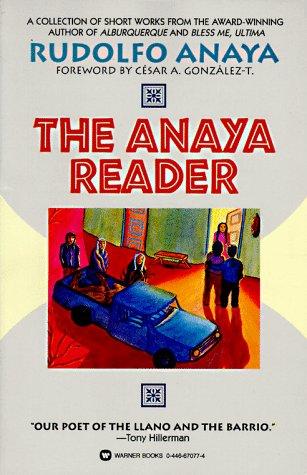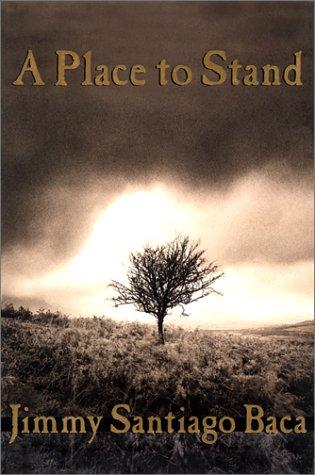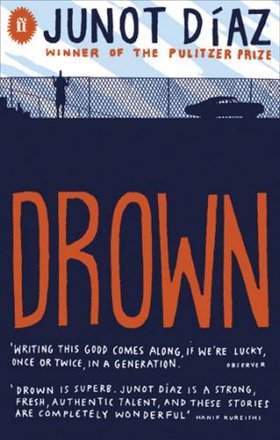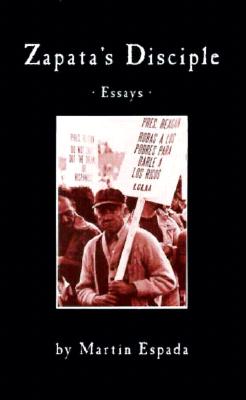For 19 years, NALS has been a place where Native worldviews can be expressed and considered in all their variations. From our beginning as “clan mothers” through today, we have focused on bringing forward as many voices to American Indian literary and creative studies as possible, and fostering this environment in our own indigenous ways. NALS is not just another academic conference, but a true family of scholars and artists and thinkers. So, it does, but does not, come as a surprise that the predominant literary world is reacting to recent events as if we have “only one literary giant,” Sherman Alexie. And while sad, nor are many of us surprised at the accusations against him, nor will we be surprised when others in our field also fall. We are not responsible for the actions of those abusers. We are responsible for listening to all of those who have been hurt. We are responsible for understanding that while we may be shaken to our core, our roots are strong and deep. We are responsible for finding paths forward when those we have admired, whose works we have admired and taught others to admire, fall from grace.
On March 21, 2018, I published a letter from the American Indian Library Association (AILA), about its decision to rescind the youth literature award it gave to Alexie in 2007 for The Absolutely True Diary of a Part Time Indian. The School Library Journal (SLJ) published a news item that includes the letter.
The comments to the SLJ article and on electronic listservs tell us a lot about the power of a "literary giant."
- Rather than listening to the women who spoke out about Alexie, commenters are discrediting them in sickening ways.
- A man said that AILA should revisit its "intellectual honestly" (sic) and said "AILA is demeaning itself by being victim to cultural correctness along with raising that despised ole specter of “Indian giver” in the eyes of the general public."
- A librarian reports librarian staff saying that "they" [Native people] are criticizing Alexie because he writes about "the darker side of contemporary American Indian life instead of making it all look good." That, in particular, is evident in his remarks about alcoholism in this video from 2012. If a Native story doesn't have an alcoholic in it, some librarians maintain, it isn't an authentic story.
- One woman thinks the "apology" Alexie issued is so good of him, that she went out to buy another of his books, to thank him for apologizing.
Mainstream society's response to this #MeToo about Sherman Alexie points to how much power he has--and still holds--over public sentiment. It does not bode well for any Native writer---other than him or someone who chooses to write like he does, giving readers that narrow slice of Native life.
It is a fact that we have alcoholism in Native communities. But it is also a fact that alcoholism is a disease that occurs in White communities at the same rates that it does in Native ones. People don't insist that every book about White families have an alcoholic in it. Calling for that -- as Alexie does in this video -- is destructive.
It is a fact that some Native people want to leave our reservation communities, but it is also a fact that many of us do not want to leave.
For hundreds of years, White writers have written stereotypical books about Native peoples. Those books have done harm to our youth, and to non-Native youths, too, by misinforming them about who we were, and who we are. Indeed, many of those books end with us vanishing.
I know it feels to you that Alexie's The Absolutely True Diary of a Part Time Indian -- set in the present day -- is a significant book, but it is ONE STORY of Native life. With that one story, he--and you--have created a situation in which the Indian life he chooses to tell has become, in your mind, the truth.
You've made Alexie, his writing, and what he's given to you into something that you refuse to view, critically. In doing that, you are doing what those White writers did for all these hundreds of years. You're providing stereotypes, and you are doing a disservice to Native and non-Native youth.
Most readers of AICL are educators--whether they are teachers or librarians or professors or writers--who have a responsibility to the young people for whom they write for, or for whom they provide a service or instruction.
Don't perpetuate stereotypes.
Expand what you offer.
Expand what you know!
Step away from your adoration of Alexie.
Believe Women.
It is excruciating to see that the Native women who spoke up about Alexie are being tried in public by people who choose Alexie and his books over their lives. It is a clear example of why women won't speak up. The risks are too great--for all of us. Please rethink what you say, and what you do. And speak up, too. If someone you know is discrediting women who speak up, speak back to them. You might need to rehearse what you'll say. Be ready to do that. The well-being of so many of us depends on everybody speaking up about abuse, harassment, and destructive stereotyping.



























